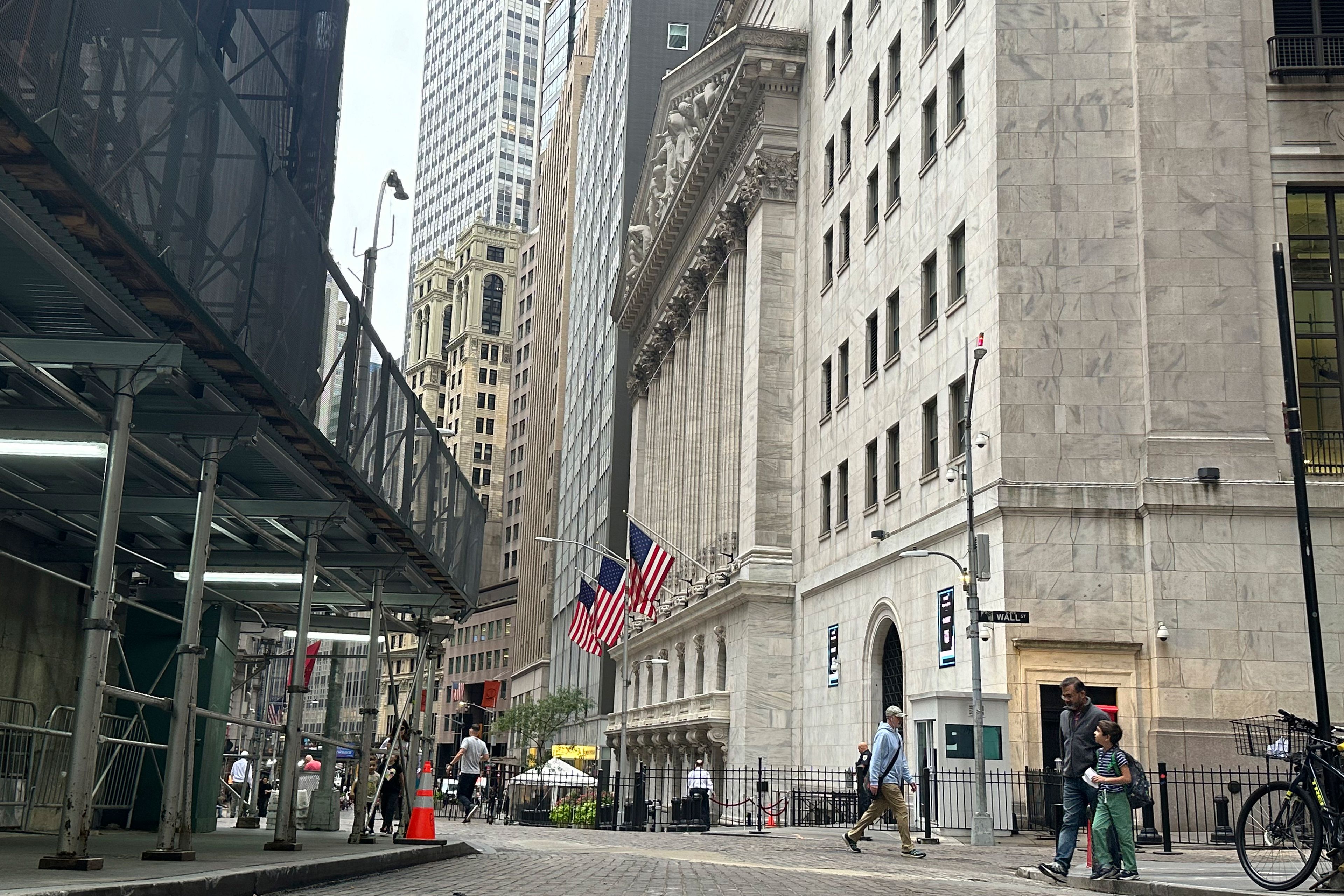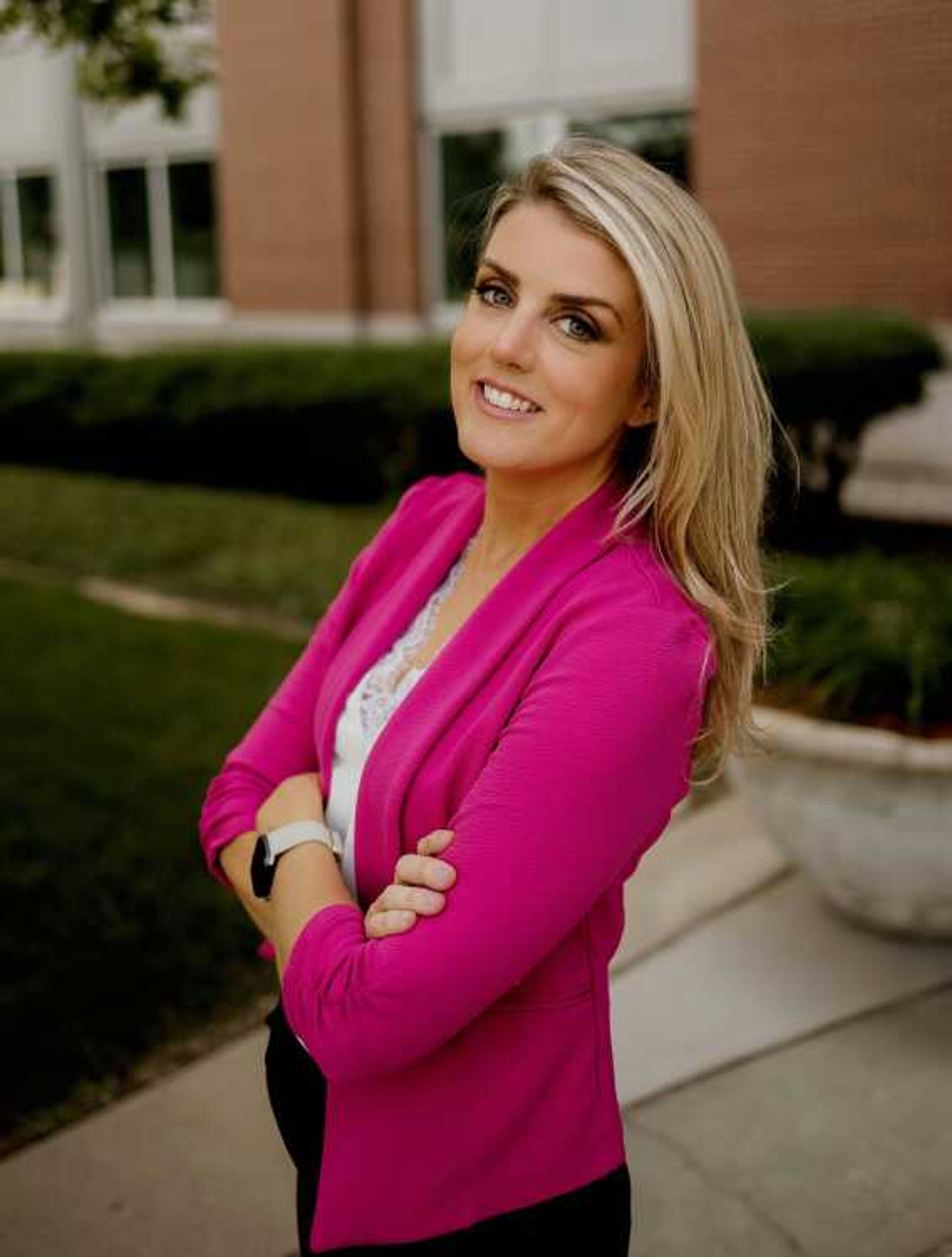WASHINGTON -- The U.S. economy appears headed for at least six more months of slow growth, offering little hope for those who are out of work.
A survey released Monday found that forecasters expect the economy to grow at a 3 percent annual rate through next March, below the 3.5 percent to 4 percent level needed to create enough new jobs to reduce unemployment.
Merrill Lynch chief economist Bruce Steinberg is even more pessimistic, projecting growth at a 2.5 percent annual rate over the same period.
The economy is recovering from the 2001 recession, but much more slowly than many economists expected. That's bad news for job seekers. The unemployment rate, which stood at 5.7 percent, is projected to remain around 6 percent well into next year.
"Employment growth is expected to remain slow for the rest of the year and only really start picking up next year," said Tim O'Neill, chief economist for the Bank of Montreal and incoming president of the National Association for Business Economics, the professional group that conducted the survey.
Running out of benefits
The slow recovery means that more laid-off workers are running out of unemployment benefits, despite a 13-week extension that was approved in March for the usual 26-week limit on benefits.
From May through August, 1.1 million unemployed workers exhausted their benefits, according to a tabulation of Labor Department data by the Center on Budget and Policy Priorities, a liberal research center in Washington.
Sen. Edward Kennedy, D-Mass., introduced legislation last week that would extend benefits another 13 weeks, but the bill faces an uphill battle in Congress.
The slow growth has ripple effects through society, said Robert McTeer, president of the Dallas Federal Reserve Bank.
It puts more people on welfare, increases crime, decreases charitable giving and has a disproportionate impact on some minority groups, he said, speaking to a Washington conference of the National Association for Business Economics.
"Economic growth matters more than most people think," he said.
The gap between the unemployment rate for whites and blacks, for example, narrowed significantly during the 1990s. But in the past year, the gap has started to grow again. The unemployment rate for blacks rose 1.5 percentage points from 8.1 percent in July 2001 to 9.6 percent last month. The rate for whites went up 1 percentage point, from 4.1 to 5.1 percent.
McTeer was one of two Fed members who voted at a Fed meeting last week for an interest-rate cut to try to boost economic growth. The other 10 members voted against a cut, and rates were left unchanged.
Lower interest rates encourage consumers and businesses to spend by reducing the cost of borrowing. With rates for mortgages and other loans already very low, however, some economists question whether further cuts will have much impact on spending.
Second half of 2003
Many forecasters expect growth to reach a healthy 3.5 percent to 4.0 percent annual rate in the second half of next year.
But similar forecasts in the past year have been proved too optimistic. As recently as May, the National Association for Business Economics survey projected 3.75 percent growth for the October through March period.
The main reason such robust growth has not materialized is the continued weakness of business spending on new equipment and facilities. Companies are reluctant to invest amid lower-than-expected corporate profits and uncertainty about a possible war with Iraq and how that would affect the economy.
One of the major uncertainties in the forecasts is the strength of a corporate profit recovery. If it is once again weaker than expected next year, the sluggishness in the economy could persist.
Connect with the Southeast Missourian Newsroom:
For corrections to this story or other insights for the editor, click here. To submit a letter to the editor, click here. To learn about the Southeast Missourian’s AI Policy, click here.








